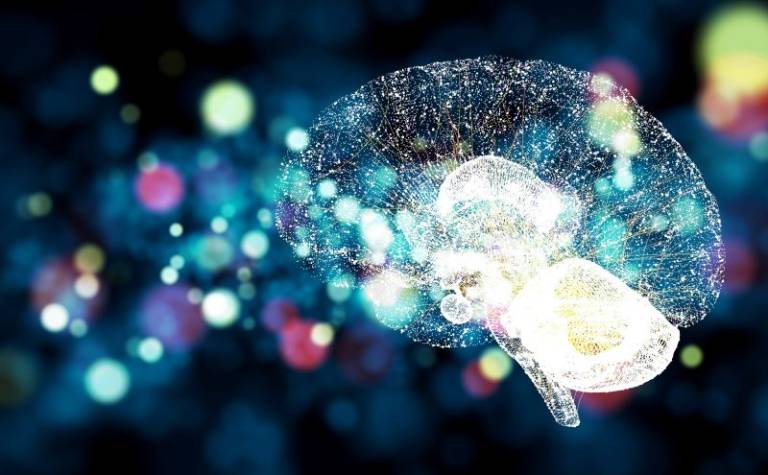Brain mechanism that connects the past and present discovered
27 June 2023
UCL researchers have uncovered the process in the brain that supports our understanding of ongoing experiences.

The study, published in Nature Neuroscience, has found that daily experiences require us to process a continuous stream of information.
This is shown when watching a movie, as although the film is continuous, our brains break it down into discrete events, such as scenes.
To comprehend each scene, we rely on our ability to interpret it in light of relevant past scenes.
For example, when confronted with the final scene of a murder mystery, we interpret the identity of the culprit based on the clues presented in earlier scenes.
The researchers wanted to investigate how our brains form links between the present experience and relevant past events.
Their findings propose that our brains accomplish this through a neural phenomenon termed “replay”.
Previous studies in rodents show that during a navigation task, the animals’ brains rapidly replay previous locations they have traversed until reaching their current position. This replay mechanism is thought to encode past experiences into memory.
In the current study, the researchers asked whether a similar mechanism could aid not only our ability to remember past events, but also our understanding of evolving experience on-the-fly.
To explore this question, the researchers used functional magnetic resonance imaging (fMRI) to monitor the brain activity of human participants while they watched a movie or listened to an audio story. The results showed that whenever a scene concludes, specific brain regions ‘replay’ pertinent preceding scenes necessary for comprehending the current scene.
The study suggests that our brains use replay to bind together relevant pieces of information that are distant in time, to help us make sense of ongoing experiences.
Co-lead author, Dr Avital Hahamy (UCL Queen Square Institute of Neurology), said: “It’s fascinating to consider that a mechanism previously associated primarily with spatial navigation in rodents could also underlie humans’ ability to grasp narratives.
“Our findings underscore the significance of translating knowledge gained from animal research into experiments that replicate real-life human behaviour.”
Links
- Research in Nature Neuroscience
- Dr Avital Hahamy's academic profile
- UCL Queen Square Institute of Neurology
- UCL Brain Sciences
Image
- Credit: metamorworks on iStock
Media contact
Poppy Danby
E: p.danby [at] ucl.ac.uk
 Close
Close

